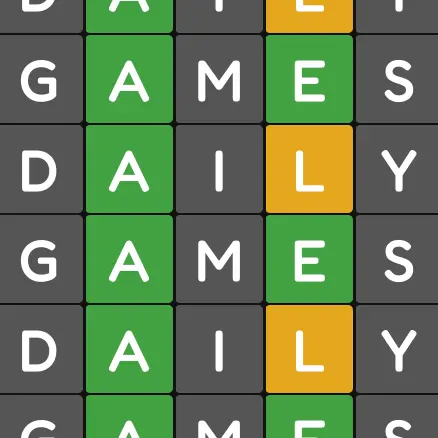If you can remember anything more about that I’d be really interested, as langauge reform is a big interest of mine. As far as I’m aware, there’s been no successful langauge reform in Britain, and even the few attempts (George Bernard Shaw’s simplified spelling society and a labour MP in the 50s who failed to pass a bill in Parliament) were all for simplyfing and regularising English spelling (so that ‘give’ would become ‘giv’, because it doesn’t rhyme with five, hive, dive, etc) not re-Latinizing anything.
The last significant change in English spelling I can think of was when Webster introduced his “American” spelling in the 19th century and changed ‘honour’, ‘centre’, etc to their US versions.
I totally agree that this is something that happens naturally, and probably shouldn’t be interfered with by a government. When it has been successful, it has been about giving permission for official langauge to reflect current usage. Telling people they must write ‘hav’ instead of ‘have’ is not going to work because even if it’s illogical it’s such a high frequency word that it is minimal effort to add, and then ignore, the ‘e’. But allowing school children to start writing ‘thru’ instead of ‘through’ might actually work.




















That’s a great journey you’re on. Takes a lot of guts to re-evaluate our worldview, even when the old one is making us miserable.